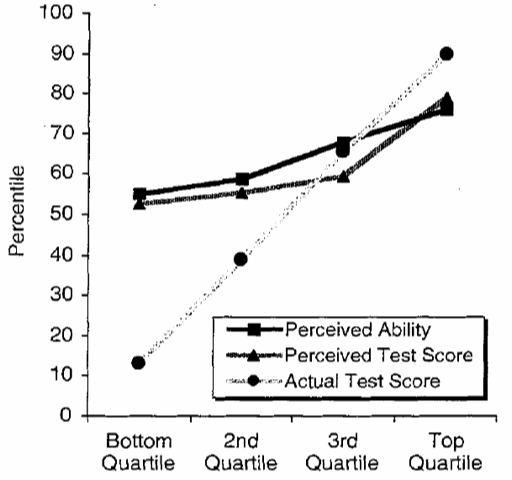When Confidence Can Cost You Big
Would someone pay you to make that decision for them? If not, don’t risk it yourself!
Swagger, self-assurance, nerve, courage, conviction… Confidence is displayed in many ways. As any successful salesperson knows, being unshakably confident in yourself, your opinion, or the product you are selling can even earn the trust or confidence of others around you.
But can you have too much confidence?
With anything you strive to accomplish in life, you need to be good at it and you need to believe in yourself. In other words, you need the 2 Cs:
Competence and Confidence
People are often afraid to try a new task or activity because they’re not confident they will be good at it. They may avoid setting goals or going after something they want because they lack confidence in their ability to accomplish their goal.
That’s really a shame. Achieving ambitious goals usually requires getting out of your comfort zone.
I’m a big believer in boosting people’s self-confidence and belief in themselves but not by inflating egos.
It’s healthy to be confident. Being a little overconfident is even okay. But having too much confidence is risky.
When you have too much confidence, what’s really happening is that you are overestimating the other C, your COMPETENCE.
There is a famous concept called the “Dunning-Kruger effect,” which is based on a study by two psychology professors at Cornell. The Dunning-Kruger effect refers to the tendency people have to overestimate their competency at certain tasks.
The Dunning-Krueger study showed people tend to overestimate their competency at certain tasks.
A great example of this is driving ability. In several studies done years apart, 73-93% of American drivers surveyed ranked themselves as being above-average drivers. Obviously, this is mathematically impossible. Only 49% can be above average.
While the driving anecdote is somewhat humorous, what about other skills? It turns out that most of us are part of the Dunning-Kruger club in one area or another. The reason: when we’re not actually good at a task, we don’t know enough about it to accurately assess our ability. Or, as Professor David Dunning puts it, “Our ignorance is invisible to us.”
Smart people and people who are successful or good at something are often the guiltiest of overestimating their abilities or skills in unrelated areas. But being smart does not equate to being an expert at everything.
What makes an expert? Highly specialized skill and demonstrated ability. In other words: Competence.
We pay people for their very specific expertise. We don’t go to any doctor for a knee problem, we go to a knee specialist. When we need a haircut, we don’t go to our dentist. The examples go on and on.
If you’re a skilled neurosurgeon, it doesn’t mean you are expert in investing. Maybe you can be, but you will need to be trained and practice until you get the results that prove your competence. The skills of a highly educated, trained physician do not transfer to the rigors of being a highly talented investment advisor.
How can you use this information to get better results in your life?
Most people think they’re logical, but hard science shows we almost always follow our initial gut reaction–unless we train ourselves not to. If you are truly an expert at something, your gut is probably right. But when you are out of your zone of expertise (which is more often than not), your gut instinct can–and usually does–lead you astray. Don’t risk this when the consequences can be costly.
The bottom line:
When you are making an important decision, be brutally honest with yourself. Are you an expert in the area? Check out this article for how to make that determination for yourself.
Would another person pay you for that advice? If not, you’re probably not an expert. Don’t just rely on your gut level instinct and take unnecessarily costly risks. Use data, logic, and reason to think through your approach–and consult an expert when needed.
To Your Success!
Stop making these mistakes.
You can always make great decisions… if you eliminate these decision killers. Grab the free report and take action today.



